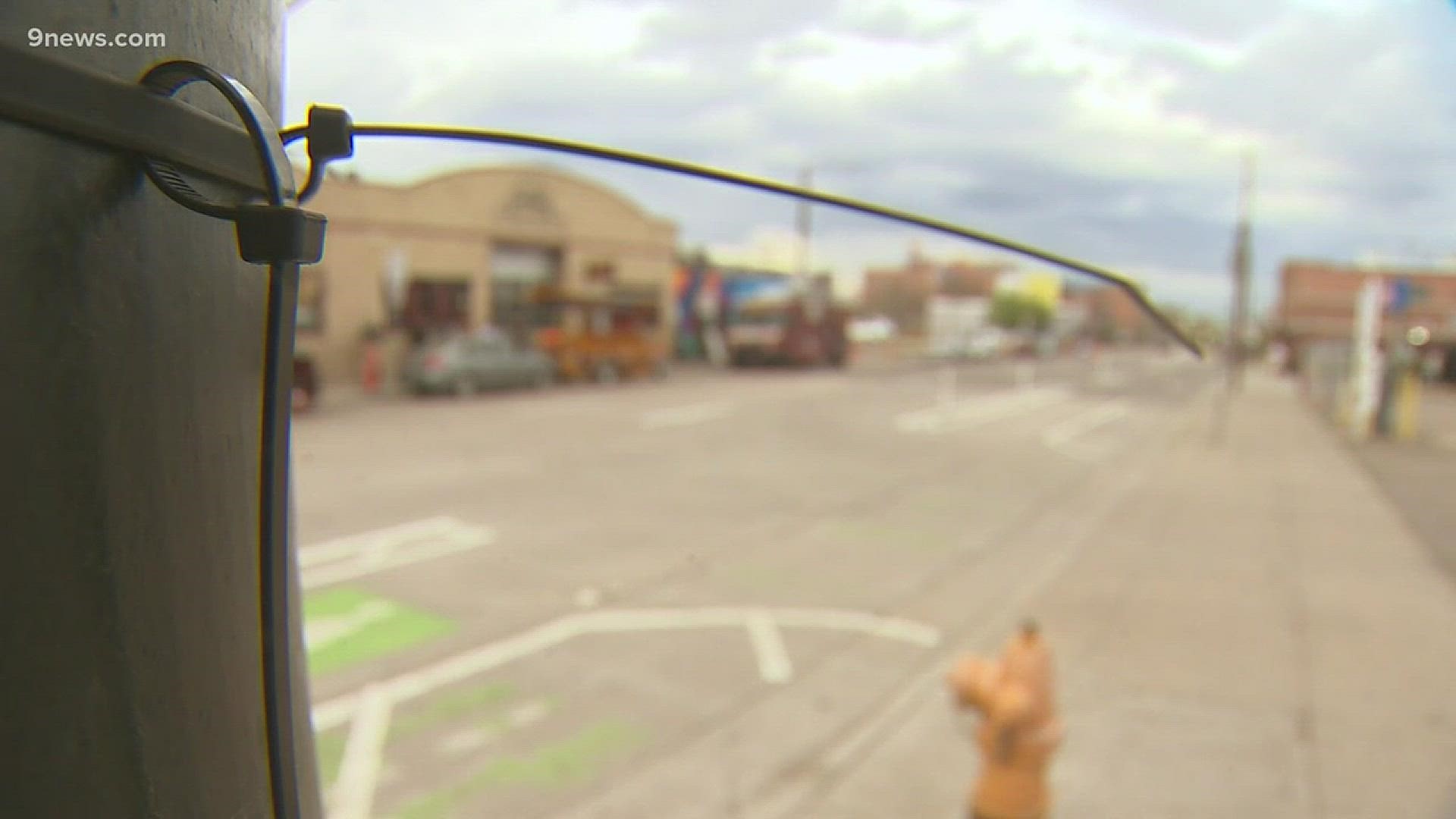COLORADO, USA — At-risk adults have received more than 6,000 hepatitis A vaccinations to curtail an outbreak that started last October, according to Colorado Department of Public Health and Environment.
Fifty-two cases have been reported so far, all among individuals experiencing homelessness, substance abuse issues, those who are incarcerated and contacts of people with those risk factors, the department said.
“Hep A is completely preventable, and outbreaks can be stopped if people receive the vaccine,” said Nicole Comstock, deputy director of the Communicable Disease Branch at CDPHE.
“Colorado’s local public health agencies have done a remarkable job providing the vaccine to those who need it most, and in doing so preventing cases and associated health care costs," she added.
Though vaccination efforts are taking place statewide, CDPHE is focusing on counties with outbreak cases. El Paso and Fremont counties are the primary areas, as well as adjacent counties and counties along the Front Range.
Hepatitis A is a liver infection that can be caused by a virus. It is highly contagious and can cause liver disease that can last anywhere from a few weeks to a few months, but rarely results in death.
Hepatitis A is usually spread when an individual unknowingly ingests the virus from objects, food or drinks that are contaminated by small, undetected amounts of stool from an infected person. It can also be spread through close personal contact with an infected person such as intercourse, caring for someone who is ill or sharing drugs or drug equipment with someone who is ill.
“People affected by this outbreak may have less access to health care and greater health risks,” Comstock said. “Poor nutrition, living in crowded places such as shelters and jails, limited access to facilities to maintain personal hygiene, and limited access to preventive health care unfortunately make disease spread more likely."
Since the initial outbreak in October, an estimated 80 public health vaccination clinics have been set up, as well as increased educational messaging through printed materials and targeted digital advertising.
Local agencies are working with law enforcement, homeless shelters, substance-abuse treatment centers and other community partners to combat the outbreak.
> CLICK HERE TO SEE WHERE THE HEP A VACCINE IS AVAILABLE NEAR YOU: bit.ly/1EsRIEn
SUGGESTED VIDEOS | Feature stories from 9NEWS

